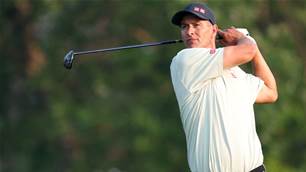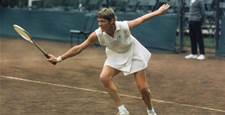In the rollcall of champions from Australia’s Golden Era of sport in the 1950s and ’60s, the name Ken Rosewall inevitably arises.
You were a finalist at Wimbledon four times, but it was the one major tournament that eluded you.
Do you reckon that’s the reason? No Wimbledon singles title? Well, that’s always an ambition for any young Australian player, but I felt my record was fairly good there. I was disappointed in the two times I lost at Wimbledon as an amateur.
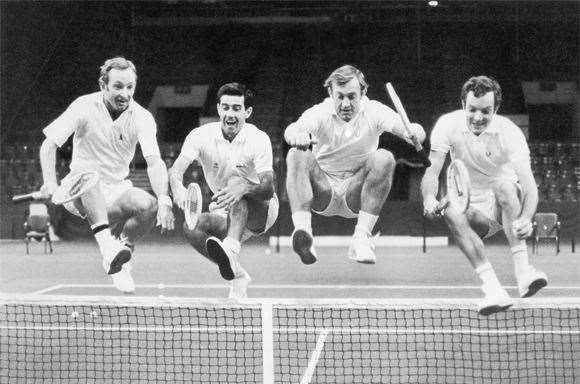 From left Rod Laver, Rosewall, Tony Roche and Tom Okker act professionally to promote the 1969 BBC World Tennis Championship. Image: Getty Images
From left Rod Laver, Rosewall, Tony Roche and Tom Okker act professionally to promote the 1969 BBC World Tennis Championship. Image: Getty ImagesWere those matches your biggest disappointments?
You were certainly towelling Mr Laver there for a good few years, weren’t you?
You early pros really felt you were part of something back then, didn’t you?
Oh yeah. All of the players worked together. There wasn’t really a lotof money in professional tennis. And to some extent, those of us leading the professional players group had to try and make sure the players below us had enough money to keep playing. So sometimes the reports on how much money you made were a little bit out of line because the money was divided more evenly with all the players in the group.
I read in your biography that you were even chipping in to buy yourselves trophies ...
Well, when Jack Kramer moved out of being financially responsible for the pro circuit, we decided that for us to keep going as a players group, we needed to have an event, like a mini Davis Cup, which we called the Kramer Cup. So quite a few of us put money in to have this gold trophy made in France – it was a really beautiful cup.
And I read you gave that trophy away ...
(Laughs) Yes, one of my worst moves, I think. When the Hunt family started the WCT circuit, I was a strong part of it and supported it because I thought it was great for the growth of the game. But they needed a trophy and so Mike Davies phoned me about the trophy and I said, “Yeah, I’ve got it here in my little office with my feet on it.” It would be very valuable now considering that when the trophy was made, it was $39 an ounce for gold. What is it now – $1800 or something? So the WCT has gone by the by, but the trophy is now on show at the International Tennis Hall of Fame in Newport, Rhode Island.
You said Wimbledon was your biggest disappointment. What’s the one title you won that means the most to you?
So, your first Australian championship?
As an 18-year-old, I was pretty excited about that. I think I surprised everyone, including myself, that I played so well and won the tournament. But the events that really stick in a lot of people’s minds were the first two WCT tours. I played Rod in both those finals in ’71 and ’72. The ’72 final was kind of captured on television.
And Rod was obviously at the peak of his powers then ...
Rod was playing well, though that particular match, I thought his game was very up and down – it had a lot of excitement, that match. The way I played was pretty steady all the way through, so I think I deserved to win the match, even though I was probably lucky to win it in the end.
Related Articles
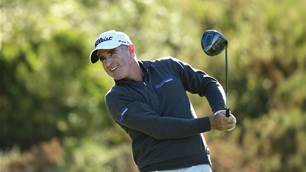
Video interview: Drinks With ... Matt Millar
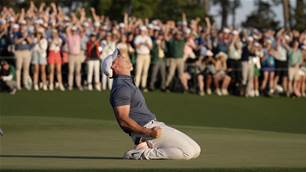
Feature Story: Moving the Needle
